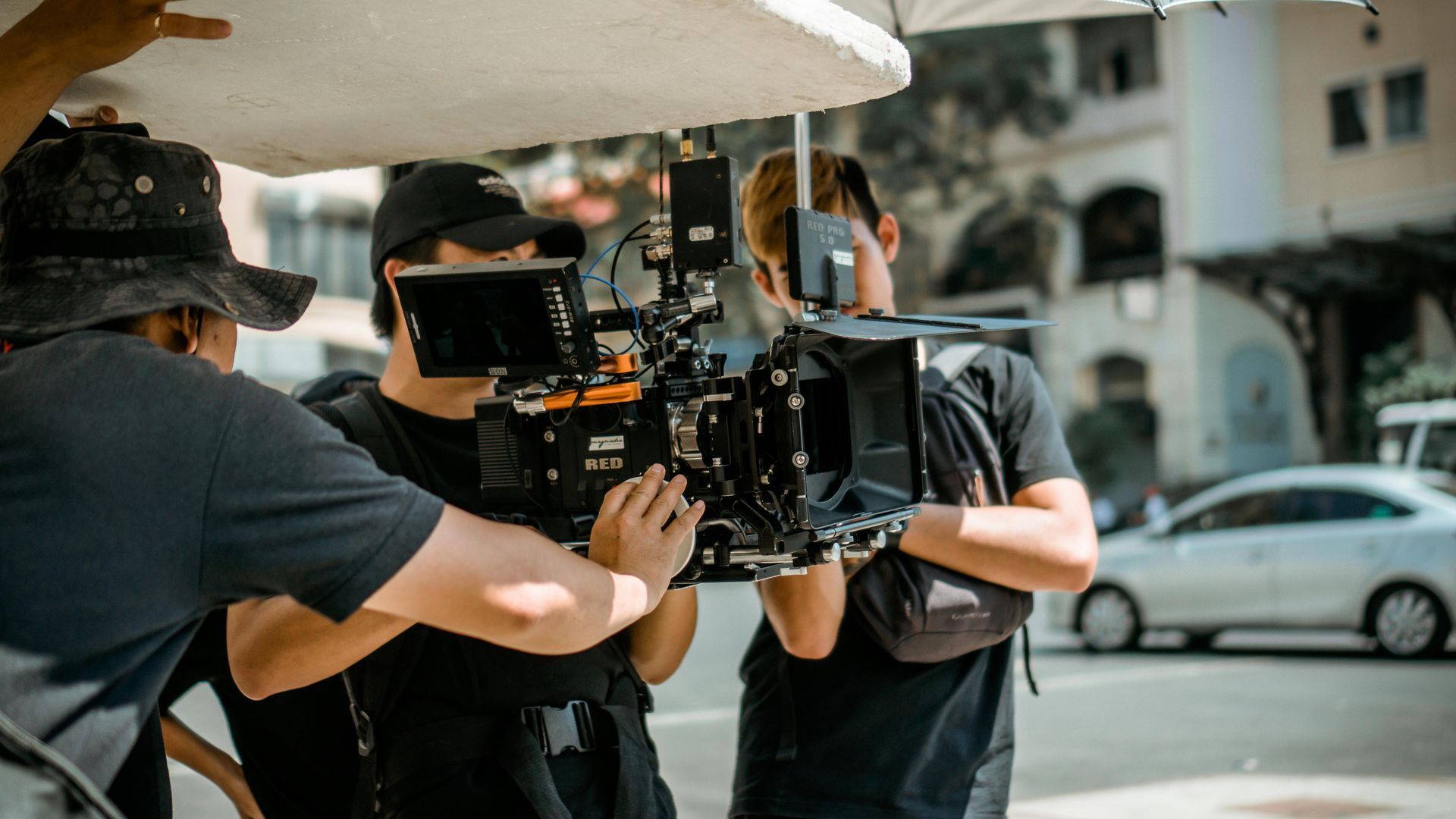Talent Agreements and Contracts: Protecting Your Film and Your Team
Without clear contracts, misunderstandings can easily arise, risking delays, disputes, or even legal battles.

In filmmaking, your creative vision only comes to life with the collaboration of talented actors, directors, crew members, and other contributors. But beyond the creative synergy, there’s a critical legal foundation that keeps your project on solid ground: talent agreements and contracts.
These agreements are more than just paperwork—they define the terms of the relationship between you and the people who bring your film to life. Without clear contracts, misunderstandings can easily arise, risking delays, disputes, or even legal battles that could derail your project.
What Are Talent Agreements?
Talent agreements are written contracts that set out the rights, responsibilities, and expectations of everyone involved, from lead actors to cinematographers and editors. These contracts typically cover:
- Compensation: How much and when talent will be paid.
- Scope of Work: What roles or tasks the talent will perform.
- Work Schedule: Dates and times of shooting and related commitments.
- Usage Rights: How the talent’s performance or work can be used, including in marketing and distribution.
- Exclusivity and Availability: Restrictions on working on other projects simultaneously.
- Termination Clauses: Conditions under which either party can end the agreement.
Why Are These Contracts Essential?
- Clear Expectations: Talent agreements set clear terms upfront, so everyone knows what is expected, avoiding confusion.
- Protecting Intellectual Property: They often include clauses clarifying who owns the rights to performances, recordings, or creative contributions.
- Avoiding Disputes: Well-drafted contracts can prevent costly legal disputes by resolving issues before they arise.
- Ensuring Compliance: Contracts help producers comply with industry standards, union rules (like SAG-AFTRA), and labor laws.
Key Tips for Filmmakers
- Use Written Agreements Always: Even with trusted collaborators, verbal agreements are risky. Put everything in writing.
- Be Specific: Clearly outline all terms, including payment schedules and rights granted.
- Seek Legal Advice: A lawyer experienced in entertainment law can tailor contracts to protect your interests and ensure compliance.
- Address Contingencies: Include clauses for unexpected changes, such as schedule delays or talent unavailability.
Final Thought
Talent agreements are a vital legal tool that empowers filmmakers to focus on creativity while safeguarding their projects and relationships. Whether you’re working with a star actor or a freelance editor, having clear, solid contracts is your best defense against surprises — keeping your film on track and your team aligned.
